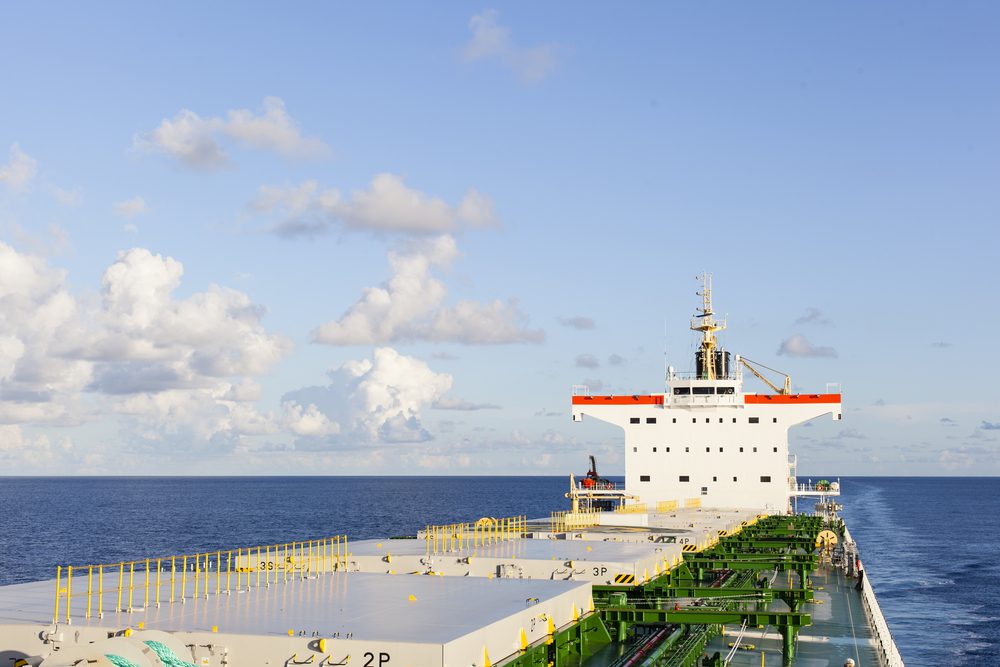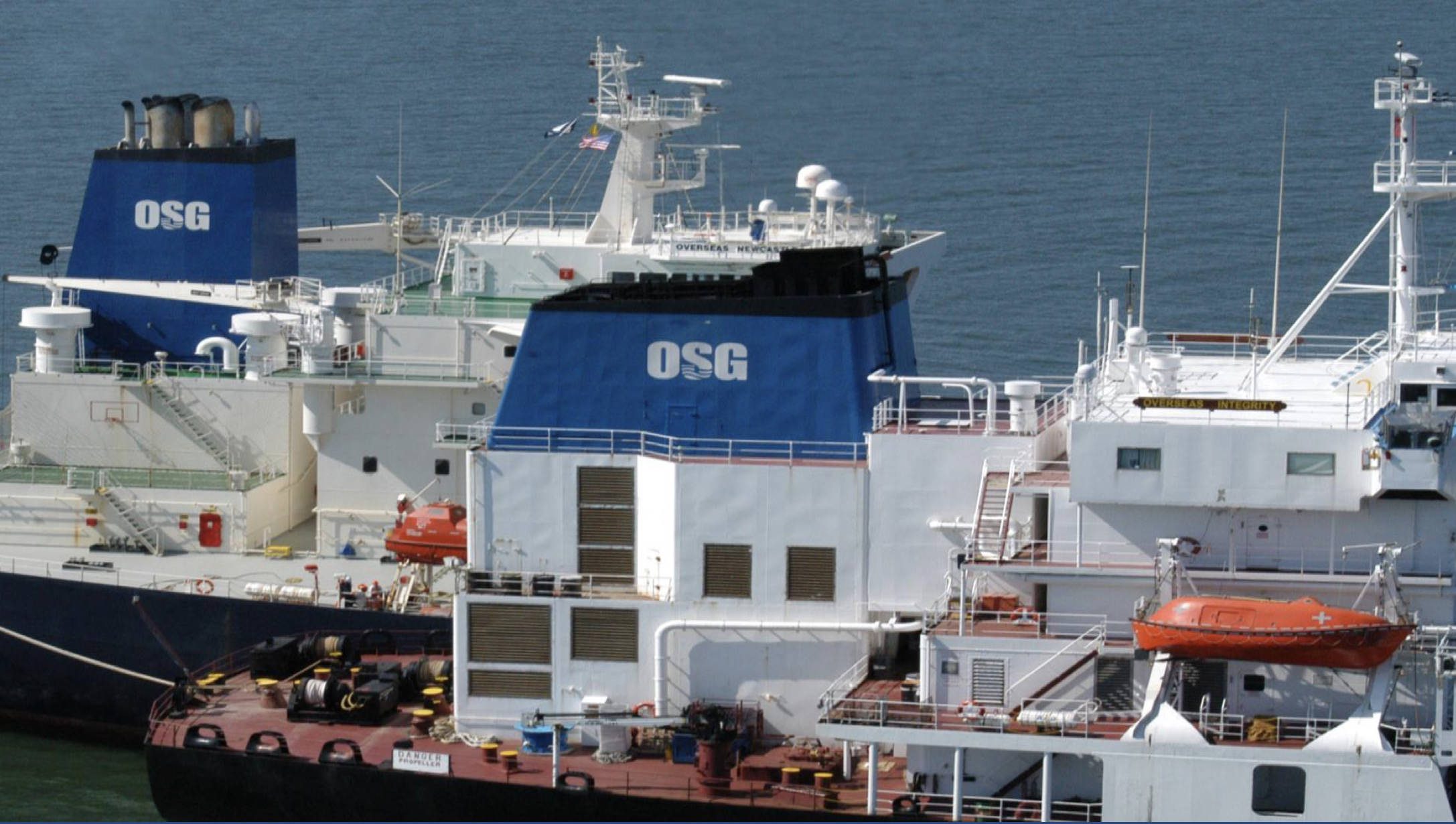By Lukasz Z / Shutterstock
Swiss commodities giant Cargill has challenging businesses and entrepreneurs to come up with technologies that could help reduce carbon footprint of the global maritime shipping industry.
Cargill announced the so-called “CO2 Challenge” this week. The company says the challenge, launched in partnership with DNV GL and a start-up called Rainmaking, aims to find and scale new technologies capable of reducing a ship’s gross CO2 emissions by ten percent.
The challenge is open to all businesses and entrepreneurs who have a product in need of commercial assessment, testing, investment and scaling.
“The CO2 Challenge is the start of an exciting journey,” said Jan Dieleman, president of Cargill’s ocean transportation business. “By taking this innovative approach, we hope to uncover new technologies, new ideas and new ways of working to help our industry meet the challenge of decarbonization and reduce its impact on global warming. Applicants have a unique opportunity to see their product make it onto a vessel and, hopefully, into wider commercial production.”
For its roll, DNV GL will help conduct thorough assessments of the technologies proposed and modeling potential efficiency gains. Cargill will bring to the table trading and operations experience and expertise, as well as extensive relationships in the ship financing and ownership sectors.
“The IMO strategy for carbon reduction sets a clear target for shipping. Initiatives like the CO2 Challenge are an important part of helping our industry reach these ambitious but achievable goals,” says Trond Hodne, senior vice president, sales & marketing director at DNV GL – Maritime. “As an industry, we need to explore solutions like zero-carbon fuels, energy efficiency measures, efficient vessel designs, and better ship utilization backed by deep technical knowledge, solid data and analysis. We look forward to working with Cargill and the applicants to realize these goals.”
In its 2017 corporate responsibility report, Cargill made a commitment to improving the sustainability of its global dry bulk shipping operations, setting a goal to reduce its CO2 per cargo-ton-mile by 15 percent by the end of 2020. Each year, Cargill’s ocean transportation business charters over 650 dry bulk and tanker vessels.
“Cargill is confident we will meet our CO2 commitments. This Challenge is focused on extending that commitment and ability across the industry,” said Dieleman.
Unlock Exclusive Insights Today!
Join the gCaptain Club for curated content, insider opinions, and vibrant community discussions.

 Join The Club
Join The Club







![A screengrab of a map showing an earthquake Mindanao, Philippines on Dec 2, 2023. (Image: US Geological Survey [USGS])](https://gcaptain.com/wp-content/uploads/2023/12/Screenshot-2023-12-02-at-10.45.17-AM-copy.png.webp)





